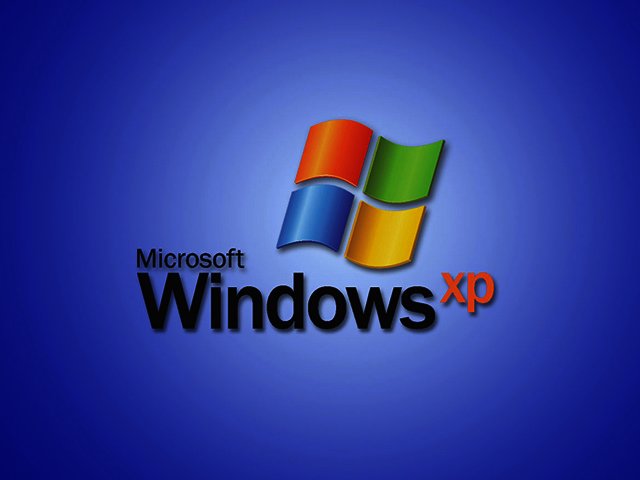The end is nigh for Windows XP
By Ryan Noik 5 December 2013 | Categories: news
While doomsday prophecies have receded into the distance following the completion of 2012, for some platforms, the end may still be nigh as warnings abound.
More particularly it has been predicted Windows XP, which is fast reaching its cut off date (April 2014) for support by Microsoft, may be flooded by malware, for which no further patches will be released. Exacerbating matters is the fact that apparently almost a third of desktop and notebook computers globally still use the aging OS, according to Redmond magazine.
Rumblings and quakes
In more dire news for Windows XP users, apparently the aging OS still isn’t completely secure. Indeed, a recent security advisory by Microsoft warned of newly discovered vulnerability in a kernel component of Windows XP and Windows Server 2003.
“We are aware of limited, targeted attacks that attempt to exploit this vulnerability. The vulnerability is an elevation of privilege vulnerability. An attacker who successfully exploited this vulnerability could run arbitrary code in kernel mode. An attacker could then install programs; view, change, or delete data; or create new accounts with full administrative rights,” the company elaborated.
And, in absolutely no consolation to Windows XP users, Microsoft noted that its investigation of this vulnerability has verified that it does not affect customers who are using operating systems newer than Windows XP and Windows Server 2003.
Beware the fissures
Of course, if a vulnerability of this magnitude in Windows XP has only been discovered now, users of the 12 year old OS could well tremble to consider what other flaws and holes have yet to be found, and from which further cause for concern could spew forth.
Alas, it seems as though for those millions of users who still rely on this as their OS of choice, they may well be standing on a burning platform of their own, finding themselves beset by cyberattacks and malware as of May next year. Jumping ship may not be as cheap or as simple as they would like though, particularly since Microsoft’s latest, Windows 8, is considerably different to Windows XP.
Most Read Articles

Have Your Say
What new tech or developments are you most anticipating this year?



